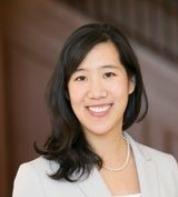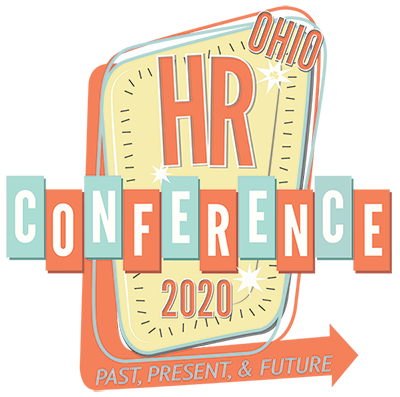Session Duration
Learning Objective
2. Understanding unconscious bias and how it affects the talent management process and how HR needs to help the organization understand the disadvantage for some. Gain clarity on what obstacles, constraints, and stereotypes can do for us -- they don't always have to be setbacks; they can work to employees advantage.
3. Mastery on the EDGE framework, and how it can empower individuals; how the “system” and the “structure” might be imperfect… but that individuals can still gain and create their own edge within an imperfect system and how HR can continue to educate the organization. What Diversity and Inclusion really means in a business and how it can empower employees that may have more obstacles than the average employee.
Session Description
Session Speaker

More About Laura Huang
In her groundbreaking research on edge—the elusive quality that gives us an upper-hand—Laura Huang reveals that a large part of success relies on how well we can shape others’ perceptions of us. As one of the top business professors in America, Huang masterfully shows us how we can leverage both our strengths and our flaws to our advantage—creating an edge that will keep attention, beat competition, and win.
How can our paths to success be a little easier? We all have biases working for and against us, says Laura Huang, star business professor and author of Edge: Turning Adversity into Advantage. If we learn what these biases are, we can empower ourselves to create personal success. In short: we’ll find our edge. “Hard work suggests something internal, whereas edge suggests that it’s both within you and contextual,” says Huang. “You need to own the context and your hard work.” Named one of the 40 Best Business School Professors by Poets & Quants, Huang’s talks will equip you to know who you are and how to use that knowledge strategically. Drawing on examples from the likes of previously-overlooked Olympians to Louis Vuitton assistants-turned-executives, Huang teaches you how to find your edge and keep it.
Huang’s groundbreaking research includes her work on “gut feel”—that sixth sense often written off as extraneous to success. In conducting dozens of interviews with investors and observing pitch meetings with entrepreneurs, Huang proved the vital role that gut feel plays in managing complexity and risk—and the difference between big wins and playing it safe. Prior to joining the Harvard Business School, Huang was an assistant professor of management at the Wharton School. Her research on gut instinct has been published in the Academy of Management Journal, Administrative Science Quarterly, and the Proceedings of the National Academy of Sciences, as well as featured in the Financial Times, The Wall Street Journal, and Forbes. Huang earned a PhD in management from the University of California, Irvine; an MBA from INSEAD; and an MS and BSE in electrical engineering, both from Duke University. Before entering academia, she held positions in investment banking, consulting, and general management for organizations like IBM Global Services and Johnson & Johnson, and served as an advisor to several start-ups in the US, Europe, Southeast Asia, and China.
